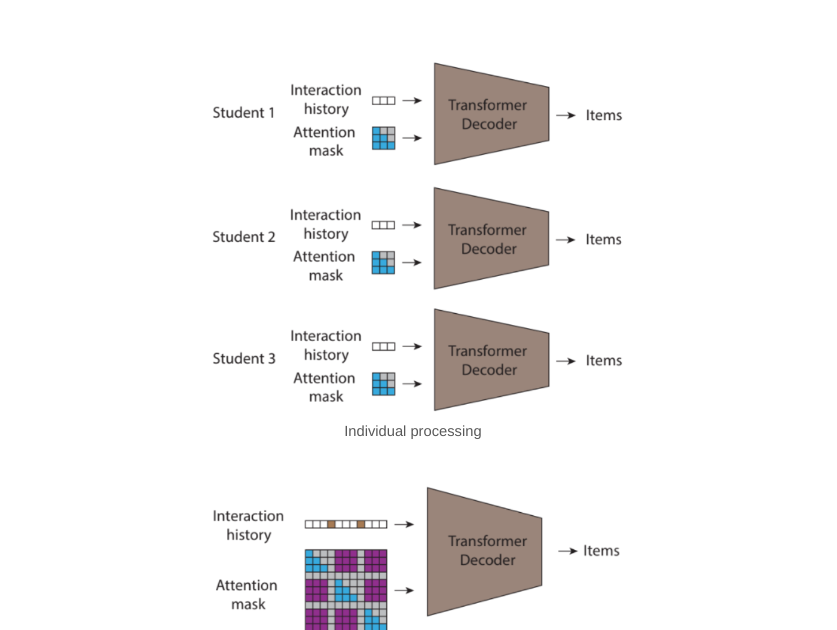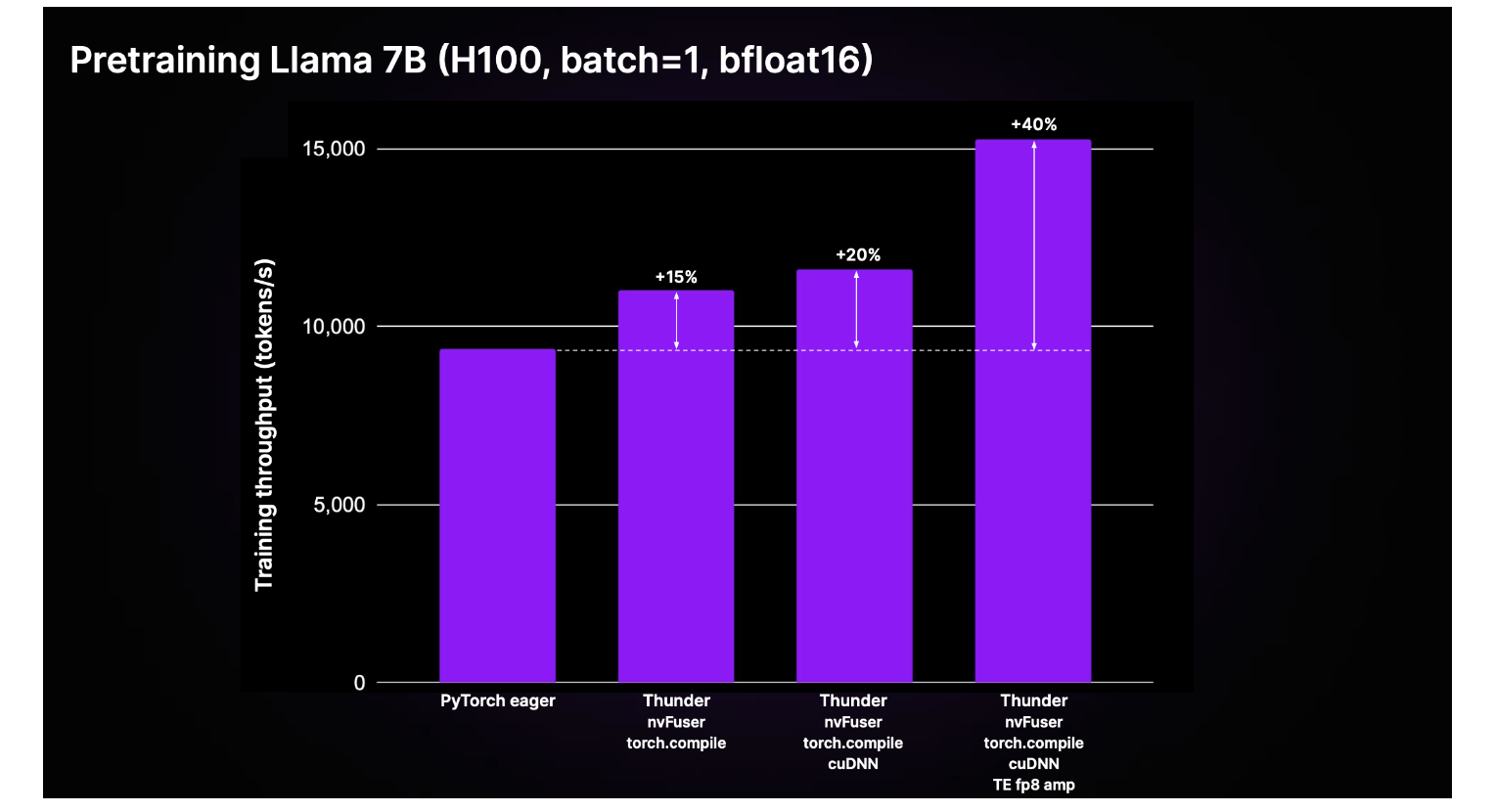Agentic AI systems—AI systems that can pursue complex goals with limited direct supervision—are likely to be broadly useful if we can integrate them responsibly into our society. While such systems have substantial potential to help people more efficiently and effectively achieve their own goals, they also create risks of harm. In this white paper, we suggest a definition of agentic AI systems and the parties in the agentic AI system life-cycle, and highlight the importance of agreeing on a set of baseline responsibilities and safety best practices for each of these parties. As our primary contribution, we offer an initial set of practices for keeping agents’ operations safe and accountable, which we hope can serve as building blocks in the development of agreed baseline best practices. We enumerate the questions and uncertainties around operationalizing each of these practices that must be addressed before such practices can be codified. We then highlight categories of indirect impacts from the wide-scale adoption of agentic AI systems, which are likely to necessitate additional governance frameworks.



